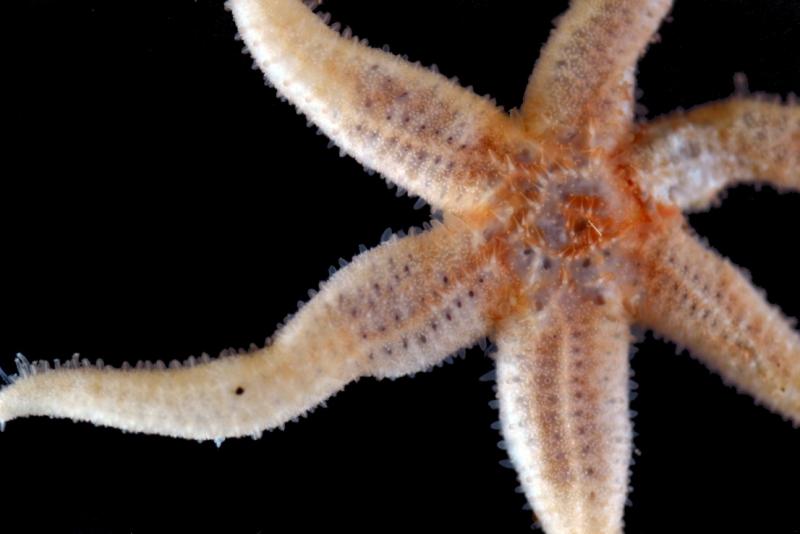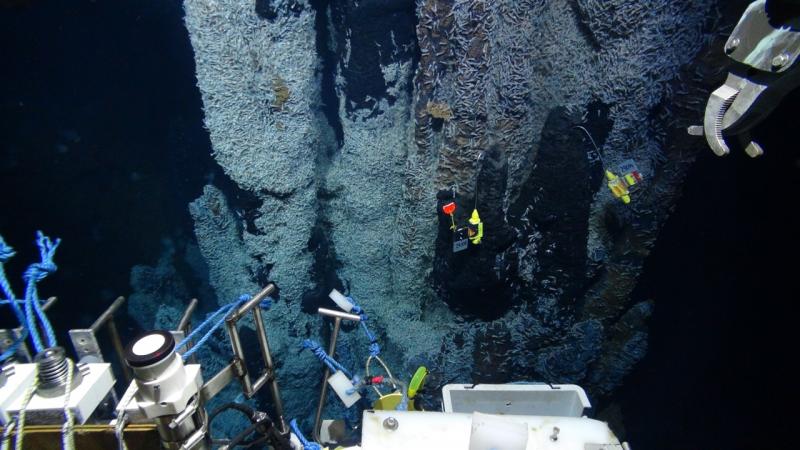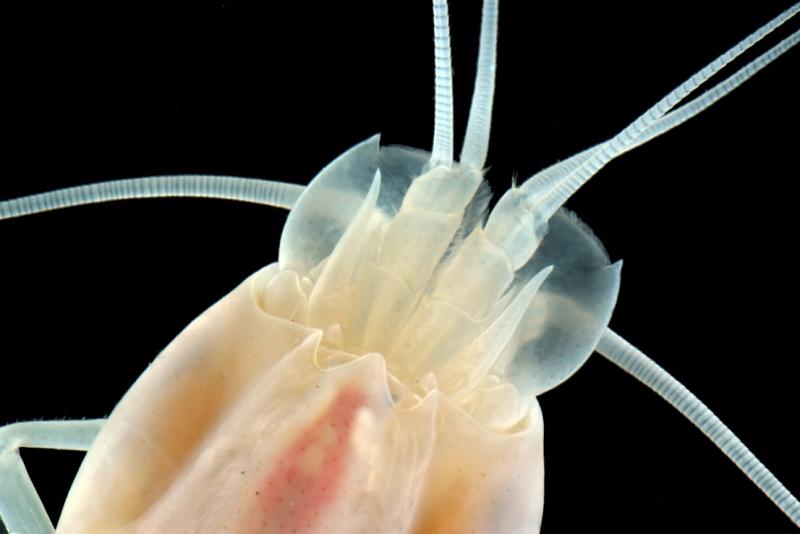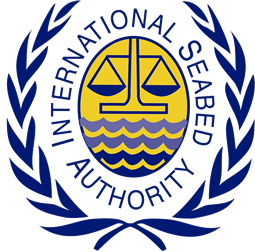International Seabed Authority (ISA)
Website
What it is
The International Seabed Authority (ISA) is an intergovernmental organization that was established in 1994 by the 1982 United Nations Convention on the Law of the Sea (UNCLOS). All State Parties to UNCLOS are members of the ISA and contribute to the organisation and management of all mineral-related activities in the international seabed area (“the Area”). Details of current exploration contracts for polymetallic nodules, polymetallic sulphides and cobalt-rich ferromanganese crusts can be found here.
The ISA is also responsible for promoting the protection of the marine environment, marine scientific research and to build capacity in developing countries to ensure that accessing and managing deep seafloor minerals adheres to the principle of the common heritage of mankind. As a UN agency the ISA is an advocate of the Sustainable Development Goals (SDGs) and is committed to supporting their ambition via voluntary commitments at the UN Ocean Conference and by way of core initiatives, captured by the following work streams:
- DeepData Database – portal to host all deep seabed activities related data
- Mining Code – rules, regulations and procedures to regulate prospecting, exploration and exploitation of marine minerals in the Area
- Protection of the Marine Environment – adopt rules, regulations and procedures to ensure protection of the marine environment from harmful effects which may arise from activities in the Area
- Marine Scientific Research - promote and encourage the conduct of research in the Area as well as coordinate and disseminate the results of such research and analysis
- Workshops
- Capacity Development and Training – delivered via the Contractor Training Programme, the Endowment Fund for Marine Scientific Research, the ADSR project and Internships.
What the IWG is doing
The ISA are currently drafting deep sea mining exploitation regulations (current exploration regulations here) that will enable the extraction of resources from the deep seafloor. In their capacity as the Head of Delegation at the ISA, the Foreign, Commonwealth and Development Office (FCDO) can call on MSCC IWG member for expert advice.
In February 2019, working with a cross Government group consisting of Defra (and their agencies Cefas, JNCC), the FCO and GO Science plus experts from a number of IWG members, including NERC BGS, NOC and the Natural History Museum, the FCO and Defra co-hosted a workshop on Deep Sea Mining. The aim of this workshop was to gather expert advice to support them in their capacity as a co-convenor of an international workshop on establishing environmental guidelines and seabed mining operations and associated de-watering.
IWG members have also been called upon to provide feedback on the draft exploration regulations as and when the ISA release updates.



Figures (L-R): Sea star from hydrothermal vent; ROV Isis hangs special high-temperature loggers onto the side of a ~5m tall vent chimney at Beebe hydrothermal vent at 4968m for recovery on the next dive; Rimicaris shrimp from hydrothermal vent. All images taken with Isis, the UK's deepest diving research ROV – Credit: Natural Environment Research Council (NERC)

